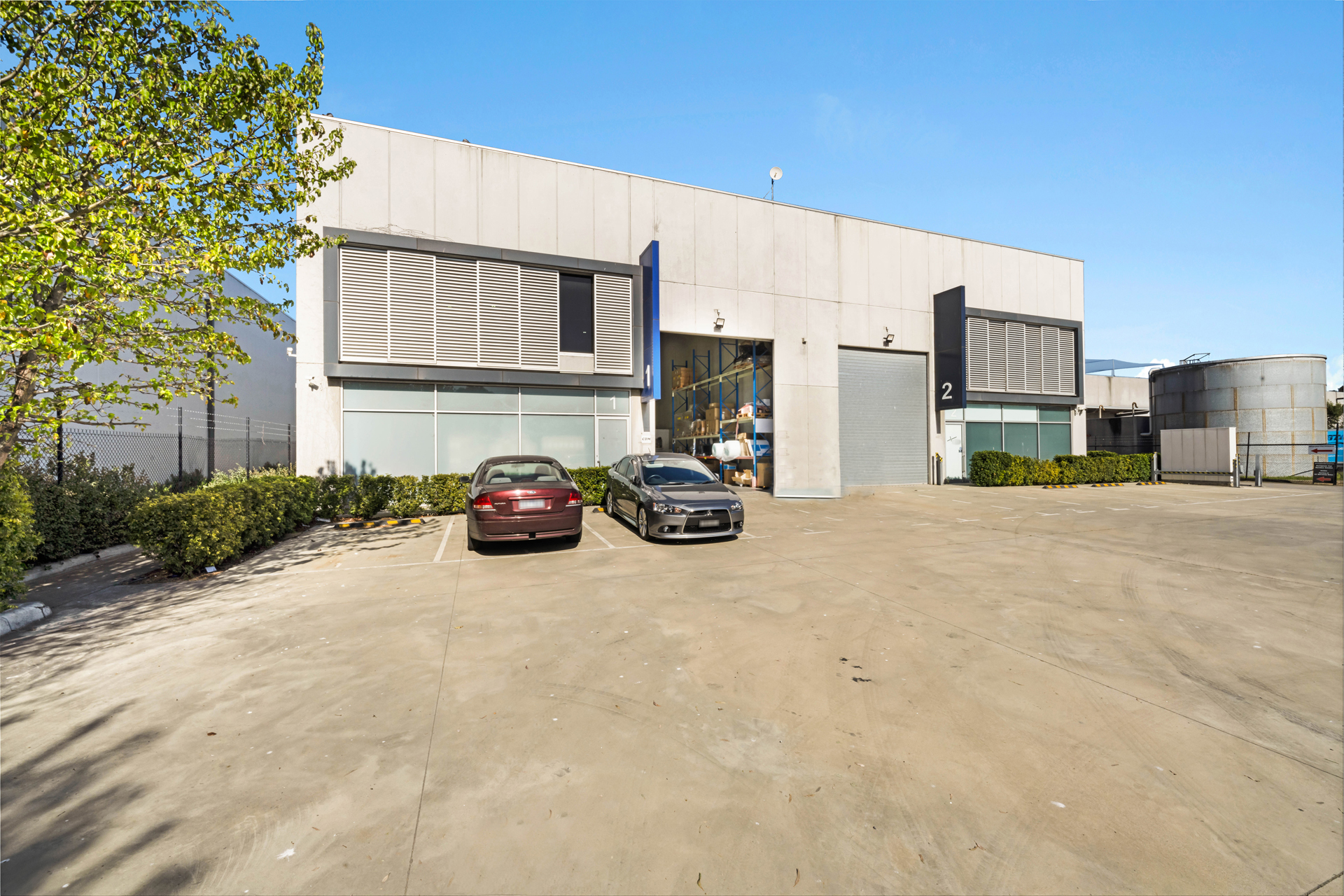
Welcome to this week’s Property News.
Healthcare Sector
This week I spent some time this week reviewing the Healthcare Real Estate sector which has seen increasing sales volumes and record pricing as institutional investors increase their exposure to alternative sectors.
Whilst the healthcare market has hit the main stream, it is far from a short-term success story. The sector has outperformed most other asset classes over the past 10 years, even standing the tests of the GFC in 2007-2009, when cap rates in healthcare assets were around 100 basis points softer than industrial assets and a minimum of 200 basis points above retail and office holdings.
Today, average healthcare cap rates are now running at 5.5%, still around 100 basis points above industrial but almost on par with office and often lower than some retail assets.
Dexus are the latest group to make a significant acquisition (to be announced on Monday) which includes the acquisition of private hospital in Warriewood for $50m leased to Arcadia Healthcare.
Key players in the sector include;
- Arena REIT – now including $150m of Healthcare assets in their Childcare REIT
- AXA IM/Grosvenor – deploying $500m into the space with Centuria
- Australian Unity – with $2.6bn in AUM and recently defended a proposal by Northwest Healthcare, but with Dexus now holding a strategic interest
- Barwon Investment Partners – with $1.2bn in AUM
- Centuria Heathley – with $0.9bn in AUM
- Dexus – with $1.2bn in AUM
- Vital Healthcare/Northwest – with $2.25bn in AUM
In terms of diversification benefits, many of the above groups are increasing their allocations to healthcare property which is increasingly viewed as a desirable enhancement to a property portfolio. The RIA chart below shows how well Healthcare real estate performed between 2005 and 2020.

The sector mainly comprises specialist facilities for private hospitals, medical centers, pathology, radiology, and allied health services. Some groups extend the definition to include typical office buildings with tenants in the healthcare or pharmaceutical industry.
The key healthcare demand drivers in Australia include:
- Ageing population
- Longer life expectancy
- Chronic disease occurrence
- Increased focus on preventative care
These factors will continue to drive employment and demand for physical spaces for the next 20 years and as noted below, is predicted to be the sector to experience the greatest employment growth over the next 5 years.

Based on the above, we generally support investments in the Healthcare property sector, but as with any property investment, we prefer investment or development property underpinned by long term secure tenants who rely on non discretionary consumer expenditure. Healthcare sector investments with tenants that are reliant on discretionary expenditure are not preferred.
It may be hard to define what type of healthcare is discretionary and which is not, however in an economic downturn it becomes far more obvious. Discretionary healthcare is more likely to be those services treating or supporting the treatment of life threatening conditions (including hospitals, pathologists, radiologists etc), whereas non-discretionary healthcare is more likely to be those services that can be deferred or where the risk to life is not immediate (including plastic surgery, replacement surgery.
GDP Results & Household Savings
The GDP results release this week were better than most economists predicted and whilst the current quarter (Q3) will more than likely be negative, the signs for a strong final quarter (Q4) are already mounting, thanks to a massive increase to household savings.
The ABS numbers show that household savings are expected to hit at least $200 billion this year, with $25 billion added in July alone as lockdowns in Sydney and Melbourne kept people indoors and spending less. The expectation is that as restriction ease, much of these savings will find its way in to cash registers around the country as the pent up demand is released with restaurants, cafe’s, entertainment venues, home renovations, travel and vacation venues likely to be key beneficiaries.
If you have any news, information or research reports you’d like us to share with the market, please feel free to send me an email at info@propertymarkets.news or simply submit an article for us to review here.



